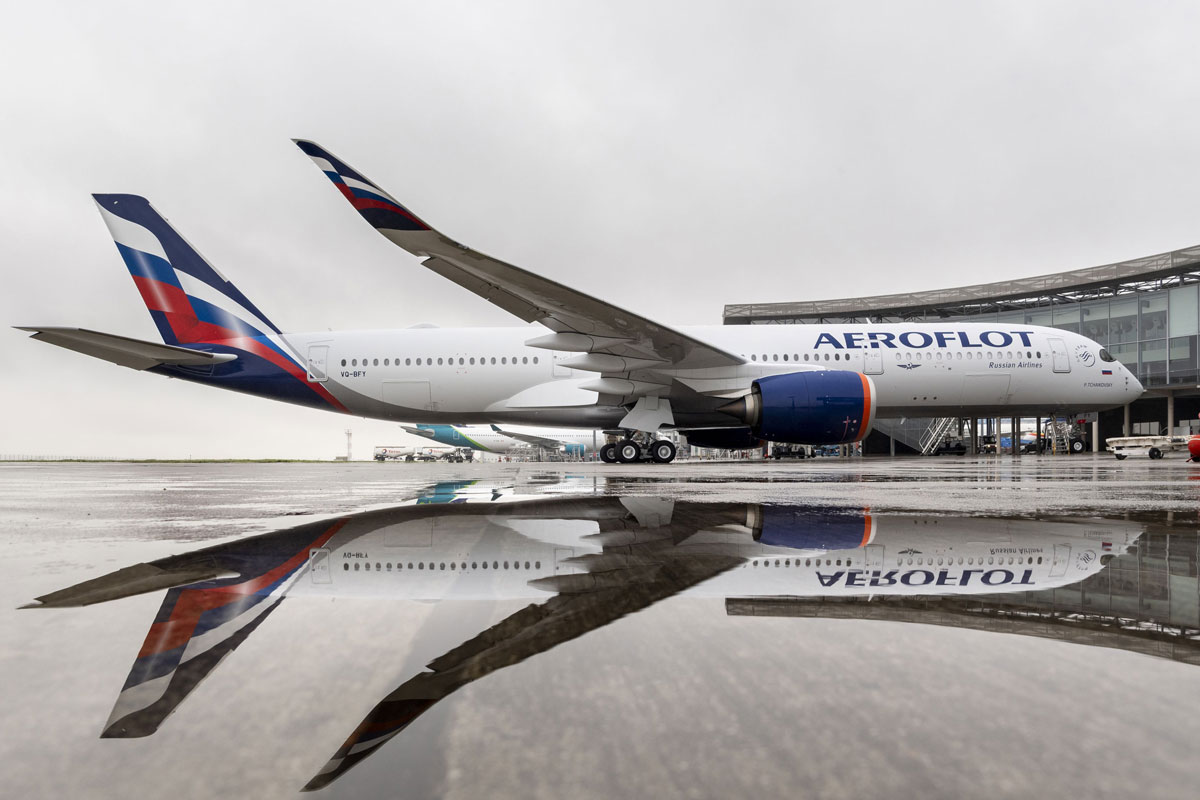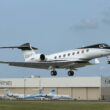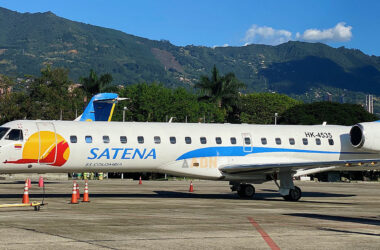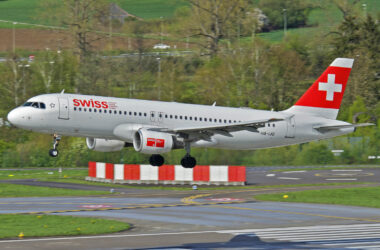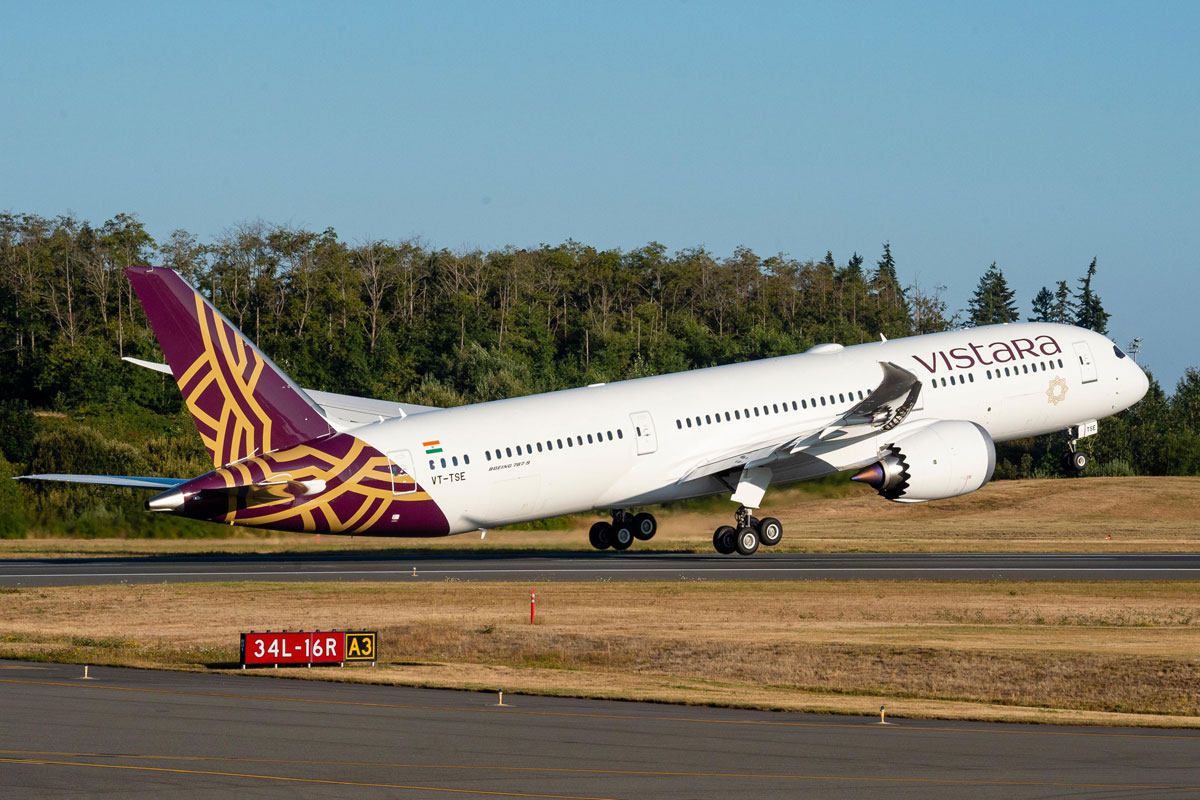Russia’s Federal Air Transport Agency, Rosaviatsia, is said to be blocking a potential exodus of pilots who are out of work.
According to outlet Kommersant, the country’s aviation authority is refusing to verify Russian pilots’ licenses when they are requested by foreign companies and regulatory agencies, as part of the standard recruitment procedure.
Miroslav Boichuk, president of the Russian union that represents the interests of local pilots, told the newspaper that Rosaviatsia received around 600 verification requests from foreign airlines and only 100 people were approved. Requests would have been sent between February and June of this year, by companies in Vietnam, Thailand, Cambodia, Malaysia and Turkey.
Economic sanctions imposed on Russia over the invasion of Ukraine have forced the country’s airlines to suspend most international flights at the risk of leased aircraft being seized in other countries.
Russian carriers served 60 countries before the conflict but currently only fly to eleven international destinations. With fewer flights, hundreds of Russian airline pilots have become unemployed.
Oksana Vlasenko, president of the Interregional Union of Pilots of Russia, commented that the majority of unemployed pilots are qualified to fly in widebody aircraft, such as the Boeing 777, Airbus A330 and A350 airliners, most used aircraft in international flights of long haul, which have the greatest reduction in the Russian airlines’ air networks.
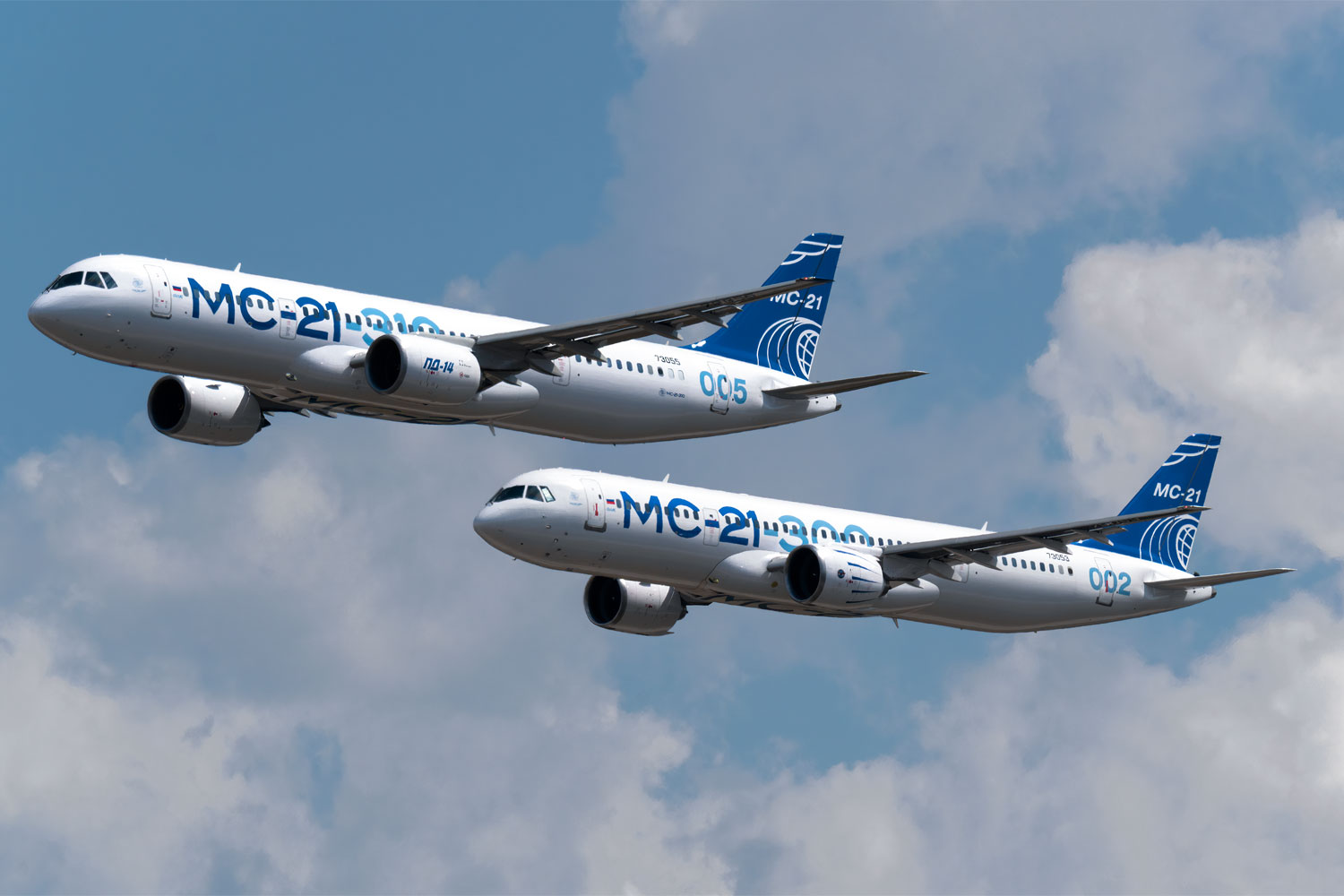
80% of the domestic fleet by 2030
The crew surplus is not expected to be resolved anytime soon as the sanctions have affected not only Western airliners but also Russian aircraft such as the SSJ100, which is equipped with various foreign components.
The solution sought by the Russian government is to reactivate the production of aircraft developed by the Soviet Union in addition to accelerating the nationalization of the MC-21 and CR929 models, this one being designed in partnership with China.
This week, Deputy Prime Minister Yuri Borisov said the Russian plan is to have at least 80% of commercial aircraft manufactured in the country by 2030.
To achieve the goal, Irkut should produce 72 MC-21s annually from 2029 onwards, while the SSJ100-New, version with indigenous components, should already be assembled in 2023.
In addition to them, Russia wants to assemble 70 Tupolev Tu-214s, which are considered obsolete in the West.

